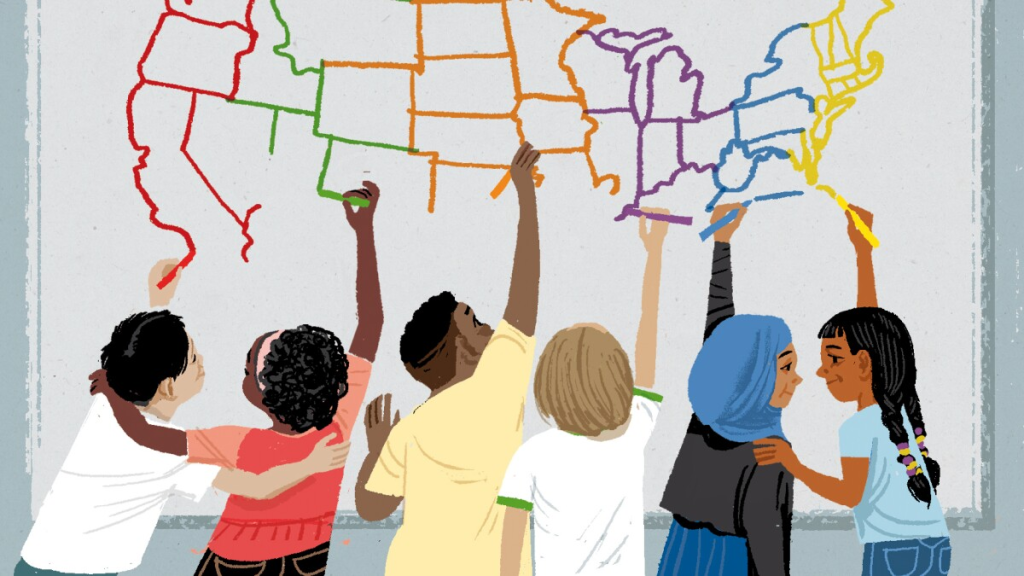Impacts and Solutions: Caste Discrimination against Women in Higher Education in India

Caste has always played a significant role in Indian society, and unfortunately, it extends to the country’s education system as well. In India, higher education is an area where caste discrimination can often be seen in practice. Women’s view on caste discrimination in Indian higher education is critical because they are doubly disadvantaged in a patriarchal society where the caste system operates. Women who come from marginalized backgrounds face multiple forms of oppression, and their access to higher education is limited by their caste identity.
One of the primary ways caste operates in Indian higher education is through admission criteria. Students from higher castes are often given preferential treatment, including lower cut-off marks and reserved seats. This means that students from lower castes have to work harder to get admission, and even if they do, they may face discrimination in the classroom.
Another way caste operates in higher education is through the treatment of faculty and staff. Teachers and professors from lower castes may face discrimination in hiring and promotions, and they may also be paid less than their higher-caste counterparts.
In addition to these institutional forms of discrimination, there are also social hierarchies that exist within universities. Caste-based student organizations and networks can make it difficult for students from lower castes to feel included and supported on campus. These groups may also perpetuate caste-based discrimination and harassment against students from lower castes.
The impact of caste-based discrimination in higher education is significant. It not only limits the opportunities available to students from lower castes, but it also perpetuates systemic inequality and reinforces the caste system. This is especially detrimental to women from lower castes who face discrimination on multiple fronts, including gender-based discrimination.
To combat caste-based discrimination in higher education, it is crucial to recognize and acknowledge its existence. Universities must take proactive steps to create inclusive environments that promote equality and respect for all students, regardless of their caste or gender identity. This includes implementing anti-discrimination policies, providing support and resources for marginalized students, and actively promoting diversity and inclusion. Only by dismantling caste-based discrimination can India’s higher education system truly be equitable and just.
Staff Reporter








